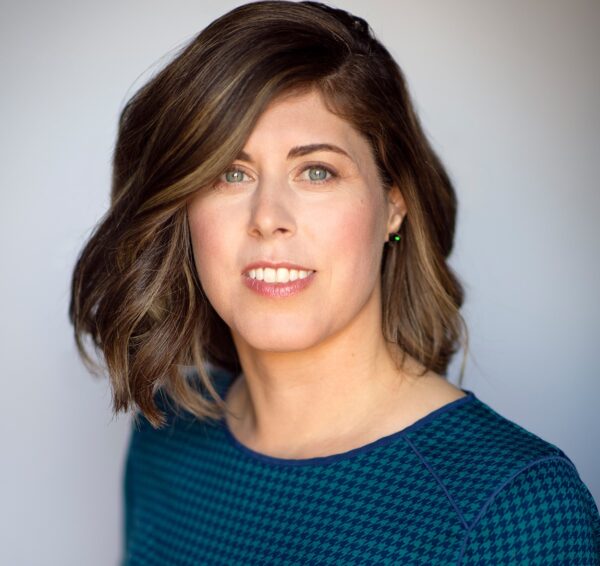
FWA: How did you find your way into writing crime novels?
AKB: When I started writing ‘seriously’ in my twenties (I’d drafted a couple of novels prior to that), I spent ten years researching and writing about the Armenian genocide, the ‘crime of crimes’. This research became my first book, My Name Is Revenge. For a while I diverted to stand-up comedy and memoir writing. I’ve always been a crime fiction reader, and wildly fascinated by true crime, but I didn’t think I had what it took to write a proper crime novel. Then I got diagnosed with a chronic illness that kept me largely bedbound for several years. I filled my days listening to hundreds of hours of crime podcasts and thriller audiobooks. After that, I decided to give crime fiction a shot. Dark Mode, my first crime novel, is the book that won me a team of agents and international publication.
FWA: Crime fiction is an enormously popular genre and its sub-genres have recently proliferated. What makes crime fiction so enduring in its appeal?
AKB: Humans have always been fascinated by crime – think of the people in past centuries who attended public executions and toured through homes where murders had taken place, for entertainment. In terms of fiction, the bigger stakes a story has, the more compelling it is, and there’s no bigger stakes than life and death. Plus, crime is about intrigue, sneakiness, and people keeping secrets and behaving badly. Add to that the way the genre grapples with ideas of justice and safety, which are issues that affect all of us. To me, this explains its enduring popularity.
FWA: Who are one or two of your favourite crime writers and why do they stand out for you?
AKB: Tana French is one of my absolute favourites. Her police procedurals are deeply intelligent, with impressive narrative drive, and she writes the best interrogation scenes I’ve ever come across. Another fave is Jennifer Hillier, whose dark psychological thrillers take surprising twists and turns. And to highlight an Australian debut, When One of Us Hurts by Monica Vuu is a brilliant example of taking a crime fiction trope – the small town with a dark secret – and elevating it to new heights.
FWA: In your experience, what areas of crime writing are the most troubling for students and how do you address these issues in class?
AKB: Narrative drive is a huge challenge across genres, and especially in crime writing. How do you craft tension, pace, momentum and suspense? And what do those terms even mean when it comes to the mechanics of story? This is a topic I’m especially passionate about teaching, and an area I work especially hard on with all my novels. In the course, we break down those terms and their components and analyse examples from exceptional writers.
FWA: What is the main thing you hope that students will take away from the course?
AKB: A sense of excitement for and confidence with their own crime writing!
Writing Crime Fiction
with Ashley Kalagian-Blunt
15 May – 19 June 2024